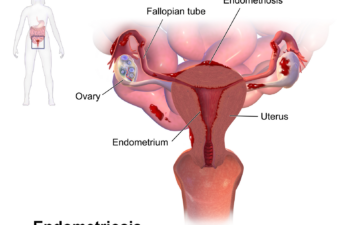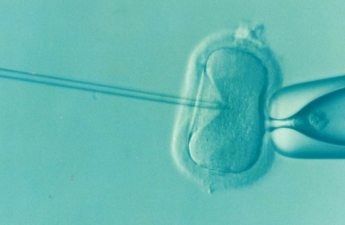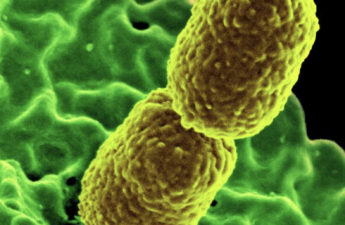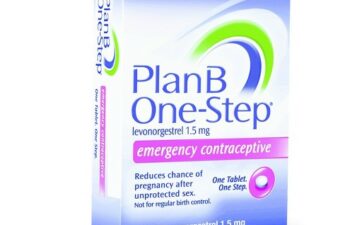Category: Women’s Health
Will abortion swing the first post-Roe presidential election?
Throughout this election cycle, polls in the swing states have shown bipartisan support for abortion rights, especially when voters are educated about what abortion bans do. Voters in more than half of the states expected to determine the presidential winner have, to varying degrees, lost access to abortion. And abortion-rights activists across these states told States Newsroom they are determined to protect that access, or to get it back.
Health News Headlines
Drop in overdose deaths – Abortion ban death – IVF bill fails – “Mommy brain”
Wildfire smoke is a health risk for pregnant people — both physically and mentally
As the West’s wildfire season worsens, a new Human Rights Watch report urges policymakers to address the toll it’s taking on pregnancy and birth outcomes.
Report: Rural Women See Drops in Health and Reproductive Care
Differences in Medicaid coverage – whether it is in the 10 states that have yet to expand Medicaid, or the unwinding of Covid-19-based Medicaid coverage – has left millions of women either uninsured or with gaps in their health care coverage.
Endometriosis types and ovarian cancer risk
Researchers found that women with certain types of severe endometriosis are at significantly increased risk of ovarian cancer.
Health News Headlines
I.V.F. Threats Drive Clinics to Ship Out Embryos – Teen mental health in US has improved post-pandemic – Is COVID Endemic Yet? Yep, Says The CDC.
Telehealth abortion still on the rise, especially in states with shield laws, report shows
From January to March 2024, there were about 19,700 telehealth abortions per month, according to the report. The states with the biggest jumps in the average number of abortions per month compared with the first three months of 2023 include New York, California, Virginia, Kansas and Pennsylvania. Kansas saw 59% more telehealth abortions and 29% more in-person abortions each month.
Health News Headlines
Abortion rates rises – Lead in schools – Vision and hearing loss linked to dementia
Inside Project 2025: Former Trump Official Outlines Hard Right Turn Against Abortion
Under Severino’s vision for HHS, federal approval of one commonly used abortion drug, mifepristone, could be revisited and potentially withdrawn.
Health agencies would promote “fertility awareness” as an “unsurpassed” method of contraception.
Medicaid, the public health insurance program that covers more than 75 million low-income and disabled people, could be converted into block grants that
Democrats say would result in far lower funding and enrollment.
HHS itself would be known as the Department of Life, underscoring a new focus on opposing abortion.
Health News Headlines
Wildfire smoke expected in Seattle – ACL tears in women – 5 ways to manage hypertension
Since Fall of ‘Roe,’ Self-Managed Abortions Have Increased
Women who self-managed abortion attempts reported using a range of methods, including using drugs or alcohol, lifting heavy objects, and taking a hot bath. In addition, about 22% reported hitting themselves in the stomach. Nearly 4% reported inserting an object in their body.
Conservatives push to declare fetuses as people, with far-reaching consequences
Fetal personhood, a longtime cornerstone of the anti-abortion movement, is the idea that a fetus, embryo or fertilized egg has the same legal rights as a person who has been born. If the law considers fetuses to be people, the thinking goes, then abortion would legally be considered murder.
Confusion, clinic closures may have caused big declines in contraception use, study shows
Among the 12 states with the most restrictive bans, the combined decline of emergency contraceptive prescriptions was 60%, and the decline for oral contraceptives was 24%.
Data privacy after Dobbs: Is period tracking safe?
Information logged into these apps, or tracked via wearable devices like a Fitbit or an Oura Ring, have the potential to be used in prosecuting those who seek abortions in states which criminalize it.
Menopause treatments can help with hot flashes and other symptoms – but many people aren’t aware of the latest advances
The actor Halle Berry recently went to Capitol Hill to help draw attention to the measure. While she was there, she shouted: “I’m in menopause.”













